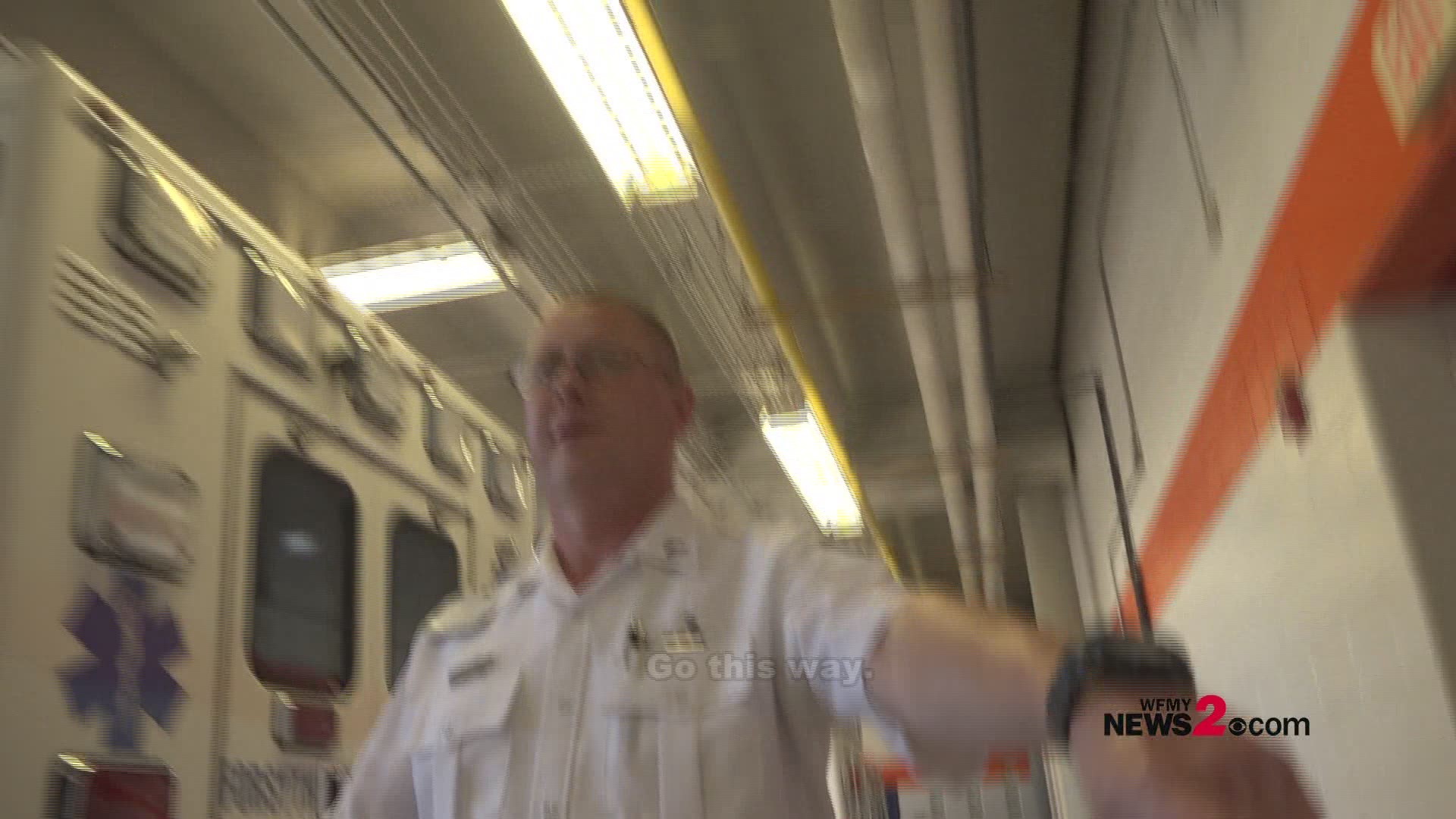GREENSBORO, N.C. (WFMY) -- More than 72,000 Americans died from drug overdoses in 2017, according to the National Institute on Drug Abuse.
Related: EXCLUSIVE | A Night Near Death: 12 Hours In An Ambulance Tracking Overdoses With Paramedics
NORTH CAROLINA DRUG OVERDOSE STATISTICS
Heroin has become an epidemic around the nation and in North Carolina. Five people died daily last year from overdoses in our state. Forsyth County ranked in the top 10 of heroin-related deaths over the past two years. Neighboring Guilford County ranked number two.
HOPE IS ONLY A PHONE CALL AWAY
But there is hope for anyone battling drug addiction. Help is only a phone call away and the first step in taking back your life.
Here’s a list of resources to guide you or a loved one with getting the help you need and on a path to recovery.
DRUG ADDICTION HOTLINES
SAMHSA’s National Helpline
The SAMHSA’s National Helpline is free, confidential, 24/7, available 365 days a year for treatment referral and information services.
Call 1-800-662-HELP (4357) or visit the online treatment locators.
National Council On Alcoholism And Drug Dependence
24-hour hotline 1-800-622-2255
More Details: National Council on Alcoholism and Drug Dependence
211 Drug Recovery Addiction Hotline
If you or someone you know has symptoms of drug addiction dial 2-1-1 from any cell phone or landline for help. This is a confidential call and you will be connected with an organization that specializes in recovery.
Another number to call 866-401-6342 is a toll-free number that is available should your service provider be unable to connect to 2-1-1.
More Details: United Way Substance Abuse Addiction Services
Triad Drug Recovery Addiction Services
Call the Alcohol and Drug Services 1-855-801-9817
SIGNS OF AN OVERDOSE
Do You Know The Signs Of An Overdose?
- Snoring or Gurgling
- Floppy arms or legs
- Blue/gray lips or fingertips
- Cannot be woken up
- Shallow, or no breathing
- No response to stimuli
Information provided by IOAD.
WHEN TO CALL AN AMBULANCE
People are often reluctant to call an ambulance for fear of police involvement or concern about the cost of a call-out. The police will only attend if there is a fatality or if their presence is requested, for example, if the ambulance crew feel threatened. This is an issue worldwide.
In addition to unconsciousness, call for emergency help when someone is:
- Having a seizure
- Experiencing severe headache
- Experiencing chest pain
- Experiencing breathing difficulties
- Extremely paranoid, agitated and/or confused
- It is not necessary for someone to have all of these signs or symptoms for them to be overdosing. Exhibiting only a few could still mean they are in trouble and need emergency help.
► Make it easy to keep up to date with more stories like this. Download the WFMY News 2 App: Apple Users, Android Users

